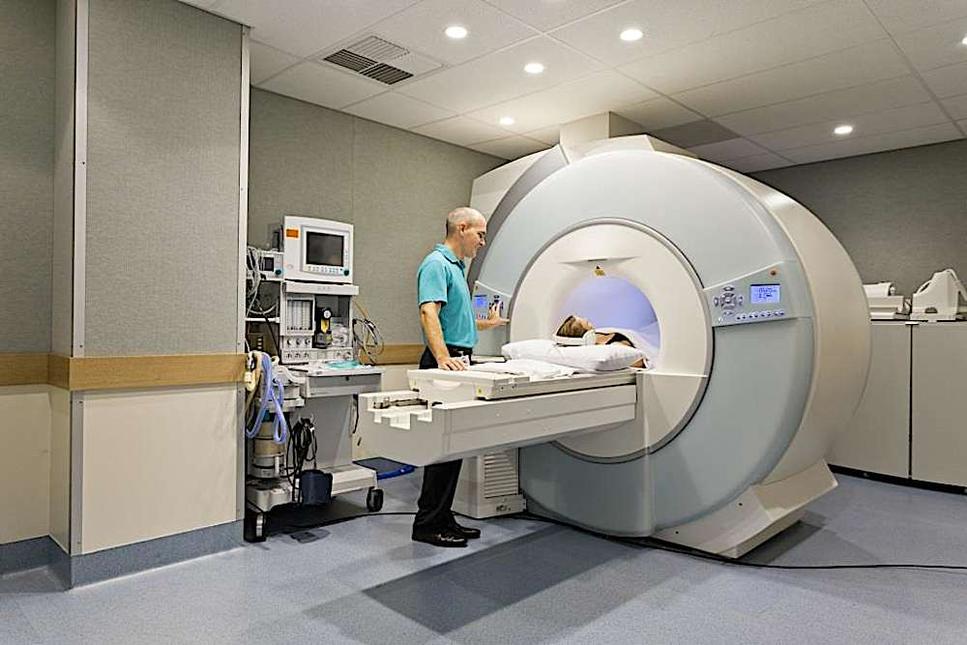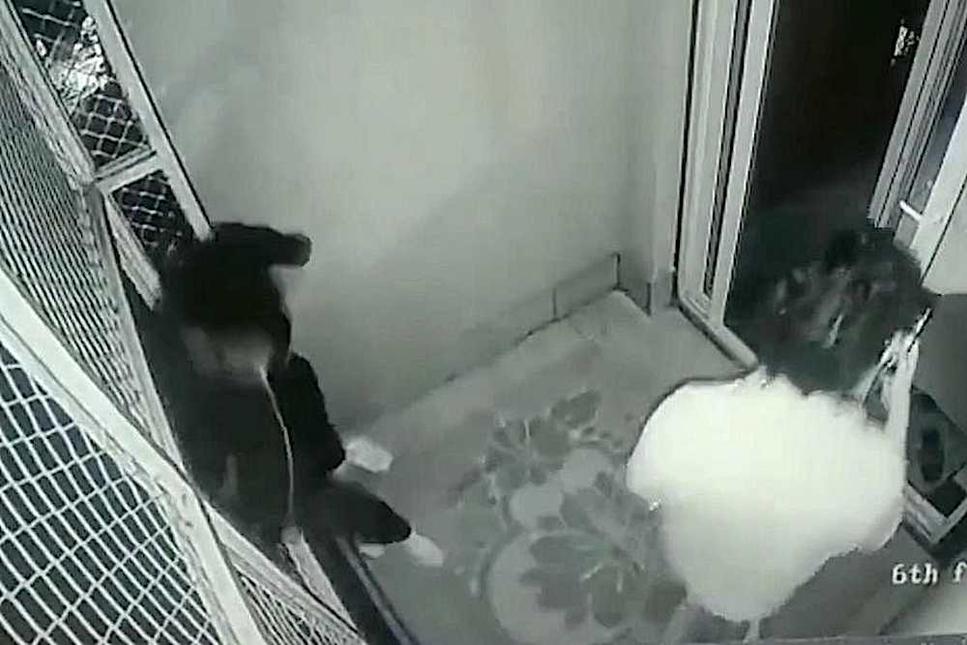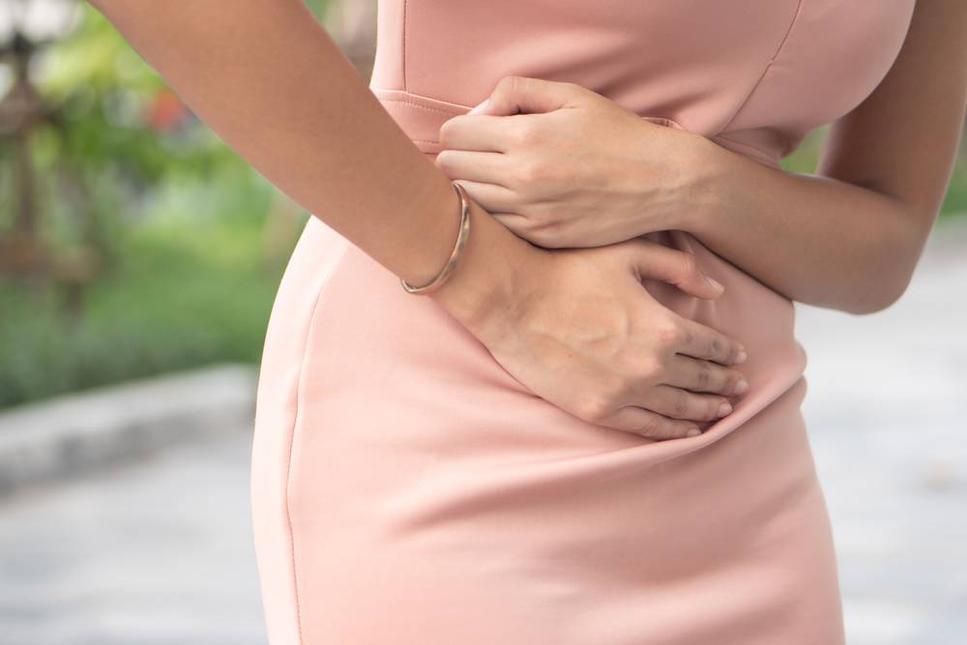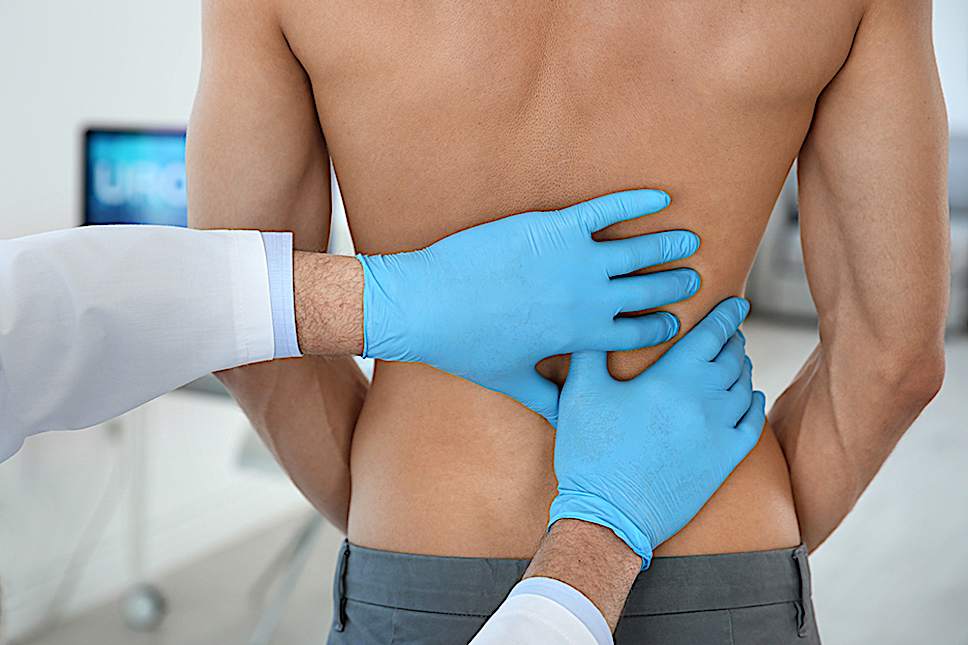Masks no longer required on public transport from Feb 13 as Singapore moves to Dorscon green

SINGAPORE - Singapore will lift its remaining Covid-19 restrictions like requiring masks on public transport from Monday, when the country adjusts its disease outbreak response to the lowest level.
The lowering of the Disease Outbreak Response System Condition (Dorscon) from yellow to green comes as the global and local pandemic situation is stable, and the disease is mild especially among vaccinated individuals, said the Ministry of Health (MOH) on Thursday, noting that Covid-19 currently poses minimal disruption to healthcare capacity and people.
However, MOH will still require mask-wearing for visitors, staff and patients in healthcare and residential care settings such as hospital wards, clinics and nursing homes, where there is interaction with patients, said the multi-ministry task force handling Covid-19 at a press conference.
Vaccinations will continue to be offered free to all Singapore Citizens, permanent residents, long-term pass holders and certain short-term pass holders.
Everyone aged five and above should still get minimum protection - three doses of mRNA or Novavax vaccine, or four doses of Sinovac vaccine - while the Government will recommend that certain groups take booster jabs annually, said task force co-chair Health Minister Ong Ye Kung.
However, pandemic subsidies will be further scaled back as Covid-19 is treated as an endemic disease. Treatment will no longer be fully subsidised, and patients will have to pay for any Covid-19 testing.
Mr Ong said Singapore’s high vaccination coverage was a key reason why it could progressively restore normal living while keeping deaths caused by Covid-19 at one of the lowest levels in the world, and arrive at Dorscon Green.
Around 80 per cent of the population have achieved minimum protection, and around half are up-to-date with their vaccinations, said MOH.
He noted that Singapore had been worried about three areas of potential risk: the year-end travel season, the Northern Hemisphere winter, and China’s shift away from its Zero Covid policy.
“But today, those risks are substantially past. We cannot rule out the future possibility of dangerous variants-of-concern from emerging, but the uncertainties and risks we face now are significantly lower compared to one or two months ago,” he said.
Border measures will also be lifted from Monday. All non-fully vaccinated travellers entering Singapore will no longer have to show proof of a negative pre-departure test, while non-fully vaccinated short-term visitors will also no longer be required to purchase Covid-19 travel insurance.
Meanwhile, migrant workers will no longer face community restrictions as well from Monday, as the Government discontinues the Popular Places Pass system meant to manage crowding in four designated popular locations on Sundays and public holidays.
From March 1, workers will also be able to recover from Covid-19 within their dormitories, instead of being conveyed to recovery facilities.
Given the stable pandemic situation, MOH said it will step down its contact tracing systems, which comprise SafeEntry and the TraceTogether contact tracing app which was rolled out in 2020.
MOH has also deleted all identifiable TraceTogether and SafeEntry data from its servers and databases, it said.
A TraceTogether token return exercise will take place from Feb 13 to March 12 at all 108 community clubs.
The multi-ministry task force, which was convened in Jan 2020, will also be stood down from Monday as well with the lifting of restrictions. MOH will assume management of the Covid-19 situation.
If the situation worsens significantly, an appropriate multi-agency crisis management structure will be reactivated, the ministry said.
These moves come more than three years after Singapore detected its first case of the coronavirus here.
The country raised its Dorscon level from green to yellow on Jan 22, 2020, and to orange on Feb 7. The Dorscon level was lowered from orange to yellow on April 26, 2022, as the local Covid-19 situation improved.
Asked about lessons learnt from the Covid-19 pandemic, Deputy Prime Minister Lawrence Wong, who co-chairs the task force, said this was part of an ongoing after action review. A report is expected to be released soon, and it will be debated in Parliament, he added.
“You don’t know what the next variant will be. So we are taking this very seriously and making sure that we will be better prepared for the next pandemic,” he said.
Trade and Industry Minister Gan Kim Yong, also a co-chair of the task force, said Covid-19 will not be Singapore’s last pandemic or crisis. “We must always remain vigilant and draw on the lessons we have learned during the Covid-19 pandemic, so that we can be better prepared for future crises.”
READ NEXT: No masks on public transport: 5 things you need to know as S’pore lifts Covid-19 rules
Join ST's Telegram channel and get the latest breaking news delivered to you.








No comments:
Post a Comment